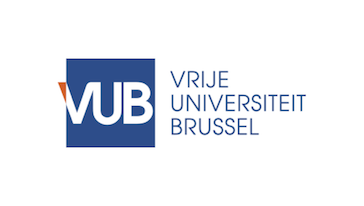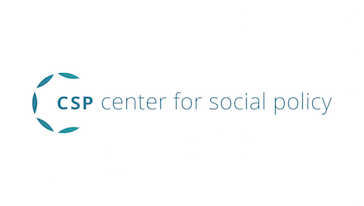Branko Milanovic
Globalization, migration and future of middle class
Does a lasting state of inequality “exhaust” a society? Can it erase the positive effects of development? Increasing globalization, global economic exchange, migration, and different political processes all increase the possibility of inequalities. Esteemed economist Branco Milanovic discusses recent changes in global income distribution, the creation of a „global middle class”, and the stagnation of median incomes in this #KAPTalks
Sunday 12.06.2016
Organized in partnership with:
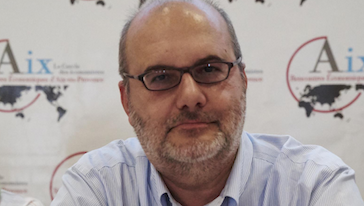
On this topic
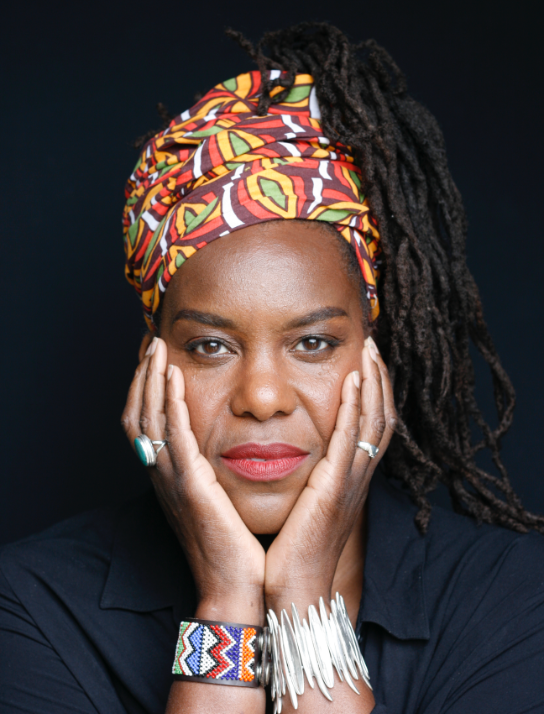
Aminata Cairo
Holding Space for the richness of our stories
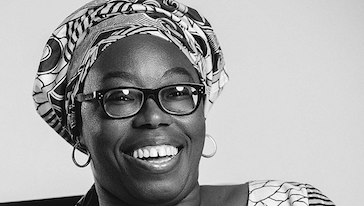
Toyin Aderemi-Ige
Leaving no one behind in education – a focus on children with disabilities
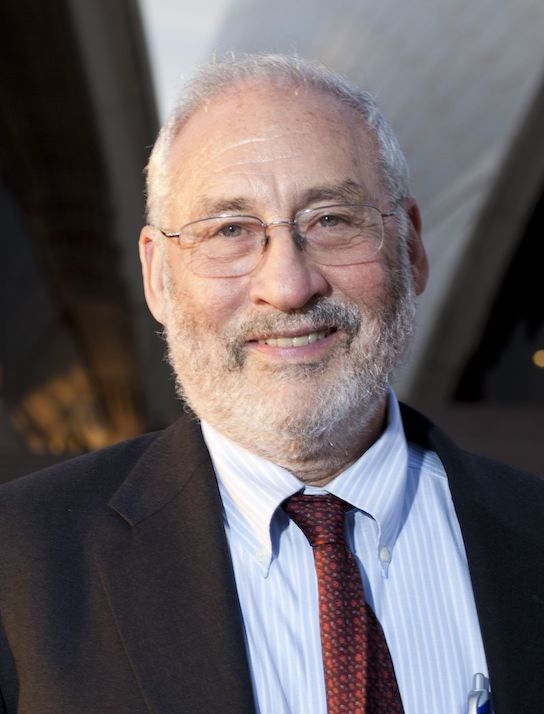
Joseph Stiglitz
Economic recovery in the post-pandemic world
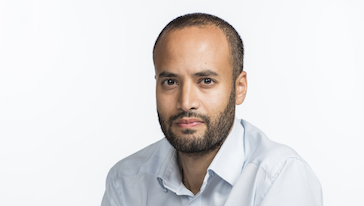
Andrew Bastawrous
Vision for vision: translating ideas into practice

Eddie Ndopu
Global Goals: social rights as human rights
